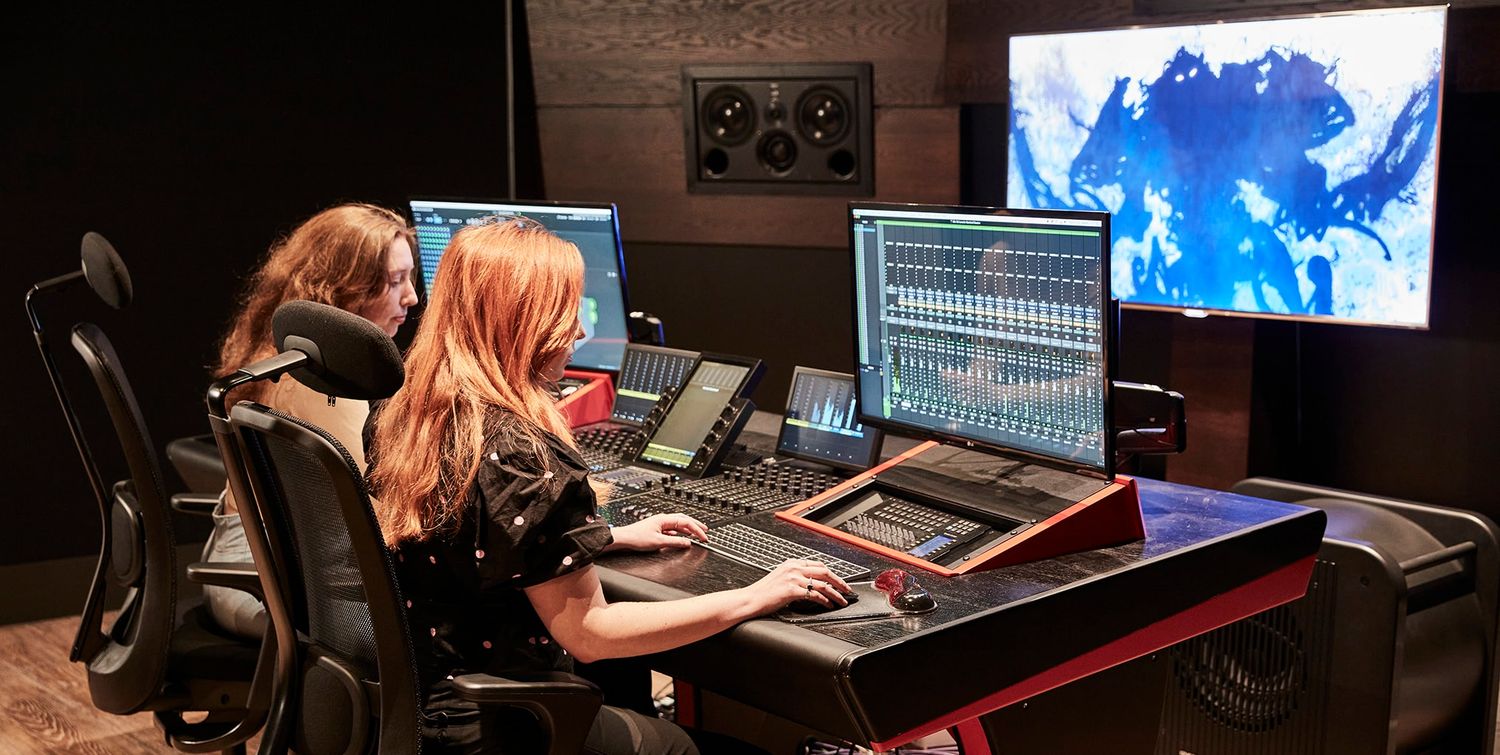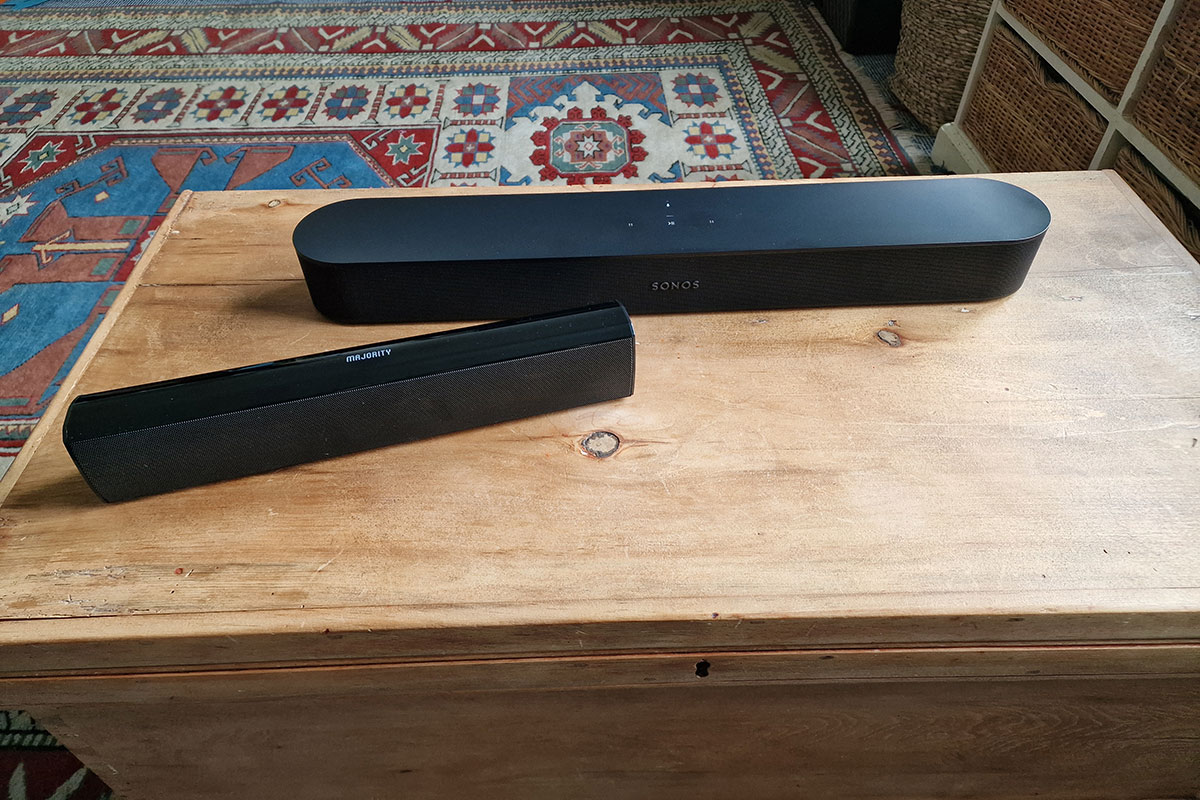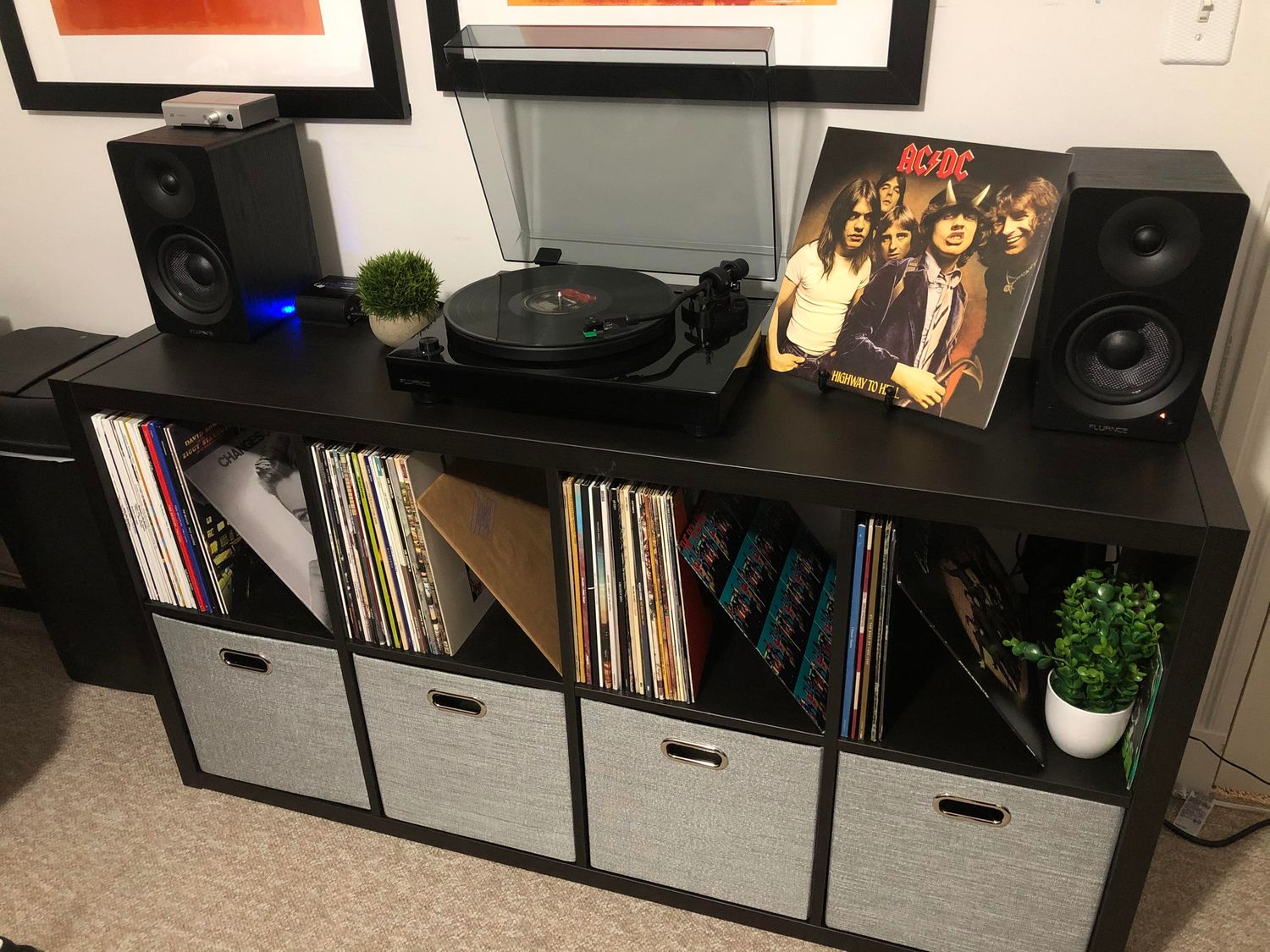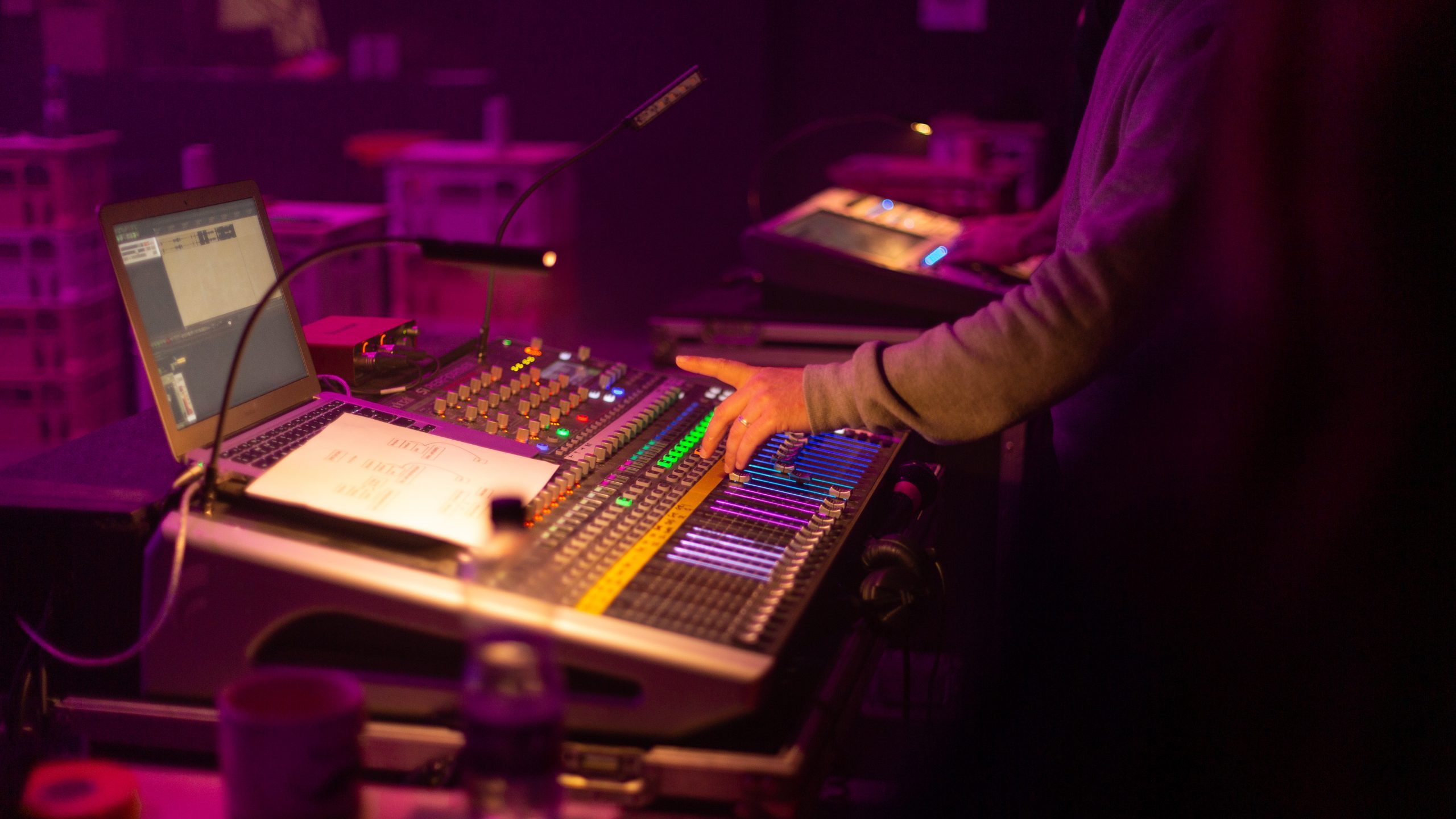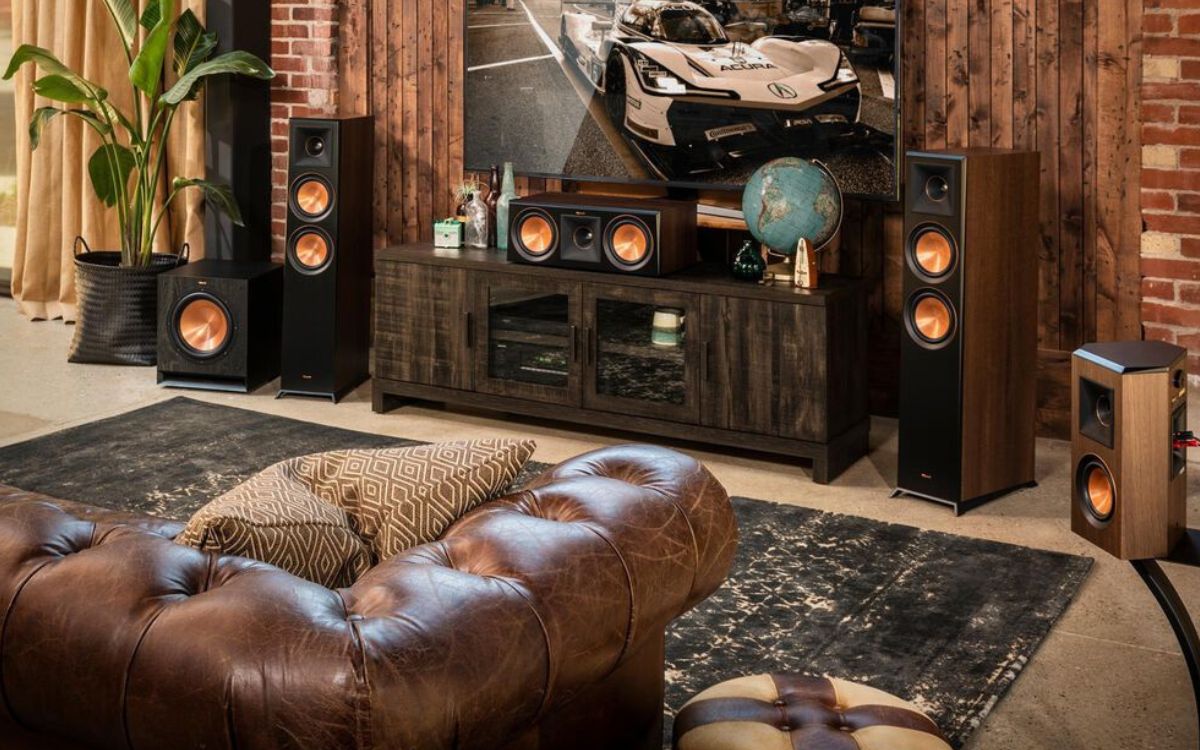Home>Production & Technology>Sound Engineer>What Degree Do I Need To Be A Sound Engineer
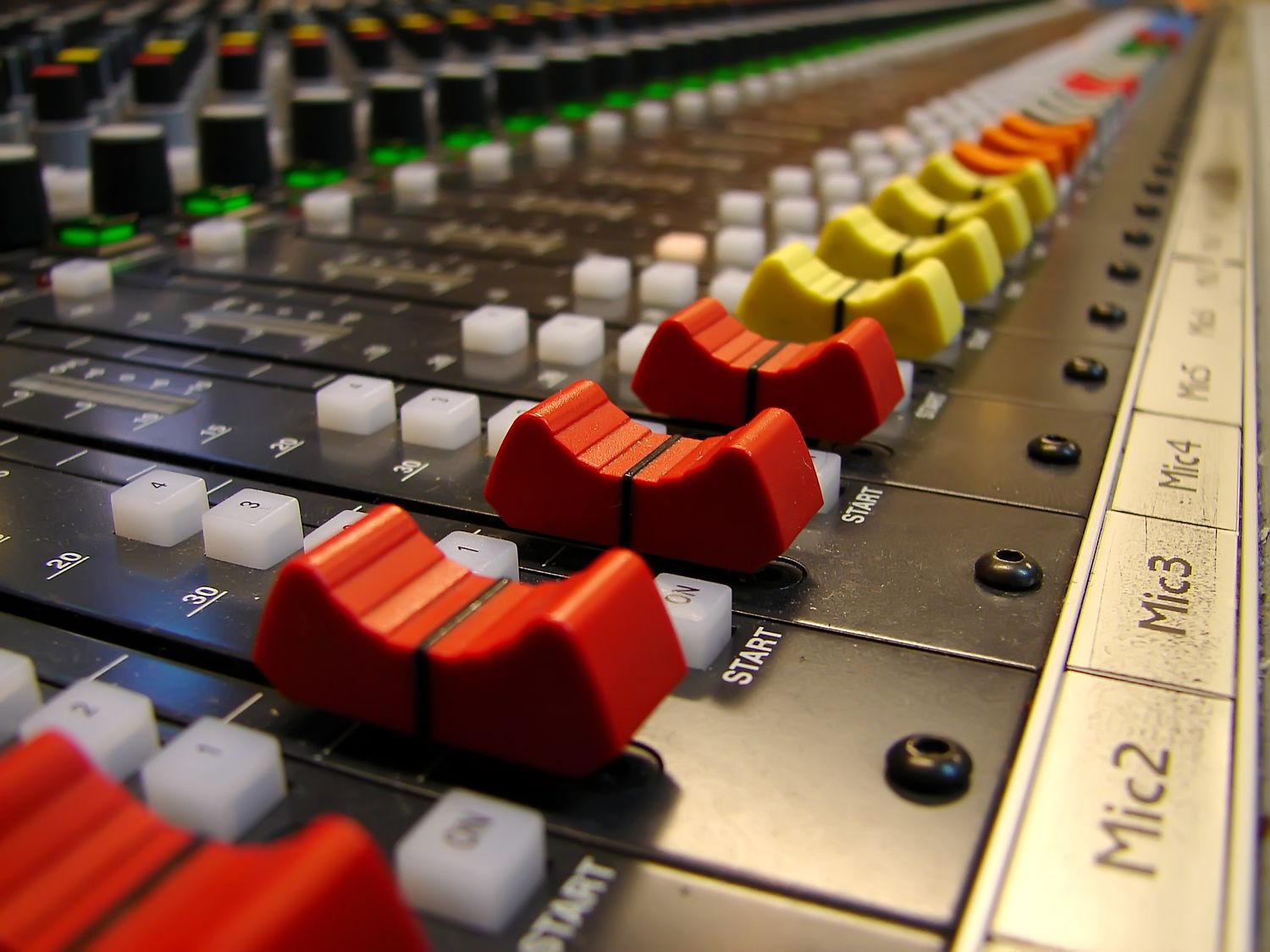

Sound Engineer
What Degree Do I Need To Be A Sound Engineer
Published: March 6, 2024
Learn about the educational requirements to become a sound engineer and the degrees that can help you pursue a career in sound engineering. Discover the best degree for aspiring sound engineers.
(Many of the links in this article redirect to a specific reviewed product. Your purchase of these products through affiliate links helps to generate commission for AudioLover.com, at no extra cost. Learn more)
Table of Contents
Introduction
Sound engineering is a fascinating and dynamic field that lies at the intersection of technology and artistry. It encompasses the technical aspects of sound production, manipulation, and recording, as well as the creative elements of music and audio design. Sound engineers play a crucial role in shaping the auditory experiences we encounter in various media, including music recordings, live concerts, film soundtracks, television broadcasts, and video games.
Aspiring sound engineers are often drawn to this profession by their passion for music, sound, and technology. They possess a keen ear for detail, a deep understanding of audio equipment and software, and a creative mindset that allows them to enhance and optimize sound in diverse contexts. Whether it's capturing the perfect guitar riff in a recording studio, orchestrating the audio effects for a blockbuster film, or ensuring crystal-clear sound at a live event, sound engineers are indispensable in the world of audio production.
In addition to technical expertise, successful sound engineers also possess strong problem-solving skills, adaptability, and the ability to work effectively under pressure. They must be adept at collaborating with musicians, producers, directors, and other professionals to bring their creative visions to life through the power of sound.
In this article, we will explore the educational pathways and degree options available for individuals aspiring to become sound engineers. From traditional academic programs to specialized certifications, we will delve into the various routes that can lead to a rewarding career in sound engineering. Whether you're a music enthusiast with a passion for technology or a creative individual fascinated by the art of sound, understanding the educational requirements for sound engineering is the first step toward pursuing this exciting and multifaceted profession.
Education Requirements for Sound Engineering
To embark on a successful career as a sound engineer, acquiring the right education is paramount. While formal education is not always mandatory in this field, having a solid educational foundation can significantly enhance one's skills, knowledge, and employability. Aspiring sound engineers can pursue various educational pathways, each offering unique opportunities for learning and professional development.
A fundamental requirement for sound engineering is a high school diploma or its equivalent. This serves as the starting point for individuals interested in pursuing a career in this field. Additionally, a strong foundation in mathematics, physics, and music can provide a valuable framework for understanding the technical and creative aspects of sound engineering.
Many aspiring sound engineers choose to pursue post-secondary education to gain specialized knowledge and hands-on experience. A common educational route is to enroll in a sound engineering program at a technical school, community college, or university. These programs often offer a comprehensive curriculum that covers topics such as audio recording, sound design, acoustics, music theory, and digital audio technology. Students have the opportunity to work with professional-grade equipment and software, honing their skills in recording, mixing, and mastering audio.
Furthermore, some institutions offer bachelor's degree programs specifically tailored to sound engineering and audio production. These four-year programs delve deeper into the technical and theoretical aspects of sound engineering, providing students with a broader understanding of audio technology, signal processing, studio design, and sound reinforcement. A bachelor's degree in sound engineering not only equips individuals with advanced technical skills but also fosters critical thinking, problem-solving, and project management abilities.
In addition to traditional academic programs, there are alternative pathways for individuals interested in sound engineering. Online courses, workshops, and seminars can provide valuable insights and practical training in specific areas of sound engineering. These flexible learning options cater to individuals seeking to enhance their skills or specialize in niche areas such as live sound reinforcement, audio post-production, or game audio.
Ultimately, the education requirements for sound engineering are diverse, offering multiple avenues for individuals to pursue their passion for audio and technology. Whether through formal academic programs, specialized training, or a combination of both, acquiring the necessary knowledge and skills is essential for aspiring sound engineers to thrive in this dynamic and creative industry.
Degree Options for Sound Engineering
When considering a career in sound engineering, individuals are presented with a range of degree options that can provide them with the necessary knowledge and skills to excel in this dynamic field. These degree programs offer comprehensive training in audio technology, recording techniques, acoustics, and sound design, preparing students for diverse roles in music production, film and television post-production, live sound reinforcement, and more.
One of the most common degree options for aspiring sound engineers is an Associate's degree in sound engineering or audio production. Typically spanning two years, these programs offer a focused curriculum that covers fundamental concepts in sound engineering, including recording principles, mixing techniques, and studio operations. Students gain hands-on experience with industry-standard equipment and software, laying the groundwork for a career in audio production.
For those seeking a more in-depth education, Bachelor's degree programs in sound engineering provide a comprehensive understanding of audio technology and production. These four-year programs delve into advanced topics such as digital signal processing, sound synthesis, music composition, and audio post-production. Additionally, students may have the opportunity to specialize in areas such as live sound engineering, game audio, or immersive audio technologies, broadening their skill set and career prospects.
Furthermore, some institutions offer specialized Bachelor of Science degrees in audio engineering, focusing on the technical and scientific aspects of sound and acoustics. These programs emphasize the physics of sound, psychoacoustics, room acoustics, and audio electronics, providing students with a deep understanding of the underlying principles that govern sound reproduction and manipulation.
In addition to traditional degree programs, individuals can pursue a Bachelor of Fine Arts (BFA) in sound design or audio production. These programs combine technical training with a strong emphasis on creative and artistic expression, preparing students to work in the entertainment industry, creating soundscapes for films, video games, and multimedia projects.
For those seeking advanced education and specialized expertise, Master's degree programs in sound engineering and audio production offer an opportunity to delve deeper into specific areas of interest. These programs often focus on advanced recording techniques, spatial audio, interactive audio systems, and research in audio technology, providing a platform for individuals to contribute to the cutting edge of sound engineering innovation.
Ultimately, the diverse degree options for sound engineering cater to individuals with varying interests and career aspirations, offering a solid foundation for pursuing a successful and fulfilling career in the realm of audio production and technology. Whether through an Associate's degree, Bachelor's degree, or advanced Master's program, sound engineering education equips individuals with the knowledge and skills to thrive in this ever-evolving and captivating industry.
Specialized Certifications for Sound Engineering
In addition to traditional academic degrees, specialized certifications play a pivotal role in enhancing the skill set and employability of aspiring sound engineers. These certifications offer focused training in specific areas of sound engineering, providing individuals with the opportunity to deepen their expertise, stay abreast of industry advancements, and demonstrate their proficiency to potential employers.
One prominent certification in the field of sound engineering is the Certified Audio Engineer (CAE) credential. Offered by recognized audio engineering organizations, the CAE certification validates an individual's proficiency in audio recording, mixing, and mastering. This certification often involves rigorous practical assessments and theoretical examinations, ensuring that certified audio engineers possess the technical acumen and practical skills necessary to excel in professional audio production environments.
Moreover, specialized certifications in software and hardware technologies are highly sought after in the sound engineering industry. For instance, certifications in digital audio workstations (DAWs) such as Pro Tools, Logic Pro, and Ableton Live demonstrate a sound engineer's proficiency in utilizing these essential tools for music production and audio post-production. Similarly, certifications in audio hardware, such as mixing consoles, signal processors, and audio interfaces, showcase an individual's competence in operating and optimizing critical studio equipment.
Live sound reinforcement certifications are also valuable for sound engineers pursuing careers in concert venues, theaters, and event production. These certifications focus on the intricacies of live sound mixing, stage setup, and audio system management, equipping sound engineers with the expertise to deliver exceptional audio experiences in live performance settings.
Furthermore, certifications in audio post-production and sound design for visual media are essential for individuals aspiring to work in film, television, and gaming industries. These certifications cover topics such as dialogue editing, sound effects creation, Foley recording, and immersive audio formats, providing sound engineers with the specialized skills required to craft compelling and immersive soundscapes for visual media projects.
In the realm of immersive audio technologies, certifications in spatial audio, 3D audio production, and ambisonics are gaining prominence as the demand for immersive audio experiences continues to grow. These certifications enable sound engineers to harness cutting-edge audio technologies and create captivating spatial audio environments for virtual reality, augmented reality, and 360-degree video content.
Ultimately, specialized certifications in sound engineering serve as valuable credentials that validate an individual's expertise and commitment to excellence in the field of audio production. Whether in music recording, live sound reinforcement, audio post-production, or emerging immersive audio technologies, these certifications empower sound engineers to stand out in a competitive industry and pursue diverse and rewarding career opportunities.
Conclusion
In conclusion, the journey to becoming a sound engineer is as diverse and dynamic as the field itself. The educational pathways and degree options available cater to individuals with a wide range of interests, talents, and career aspirations. Whether through traditional academic programs, specialized certifications, or a combination of both, aspiring sound engineers have the opportunity to acquire the knowledge, skills, and practical experience necessary to thrive in this multifaceted industry.
The educational requirements for sound engineering encompass a spectrum of options, from high school education to post-secondary programs and alternative learning pathways. While a high school diploma serves as the foundation, pursuing formal education in sound engineering can provide aspiring professionals with a comprehensive understanding of audio technology, recording techniques, and sound design. Additionally, a strong foundation in mathematics, physics, and music can lay the groundwork for a successful career in sound engineering.
Degree options for sound engineering offer a wealth of opportunities for individuals to delve into the technical and creative aspects of audio production. Whether through Associate's, Bachelor's, or Master's degree programs, students can gain hands-on experience with industry-standard equipment and software, honing their skills in recording, mixing, and mastering audio. Furthermore, specialized Bachelor of Science degrees and Bachelor of Fine Arts programs cater to individuals seeking a deeper understanding of the technical and artistic elements of sound engineering.
Specialized certifications in sound engineering serve as valuable credentials that validate an individual's expertise and commitment to excellence in the field of audio production. From Certified Audio Engineer (CAE) credentials to certifications in software, hardware technologies, live sound reinforcement, and audio post-production, these certifications empower sound engineers to stand out in a competitive industry and pursue diverse and rewarding career opportunities.
In essence, the educational requirements and degree options for sound engineering provide a solid foundation for individuals to embark on a fulfilling and impactful career in the realm of audio production and technology. Whether working in music recording, live sound reinforcement, audio post-production, or emerging immersive audio technologies, sound engineers play a vital role in shaping the auditory experiences that enrich our lives. As technology continues to evolve and new opportunities emerge, the field of sound engineering remains an exciting and ever-evolving domain, offering boundless possibilities for creative expression and technical innovation.


